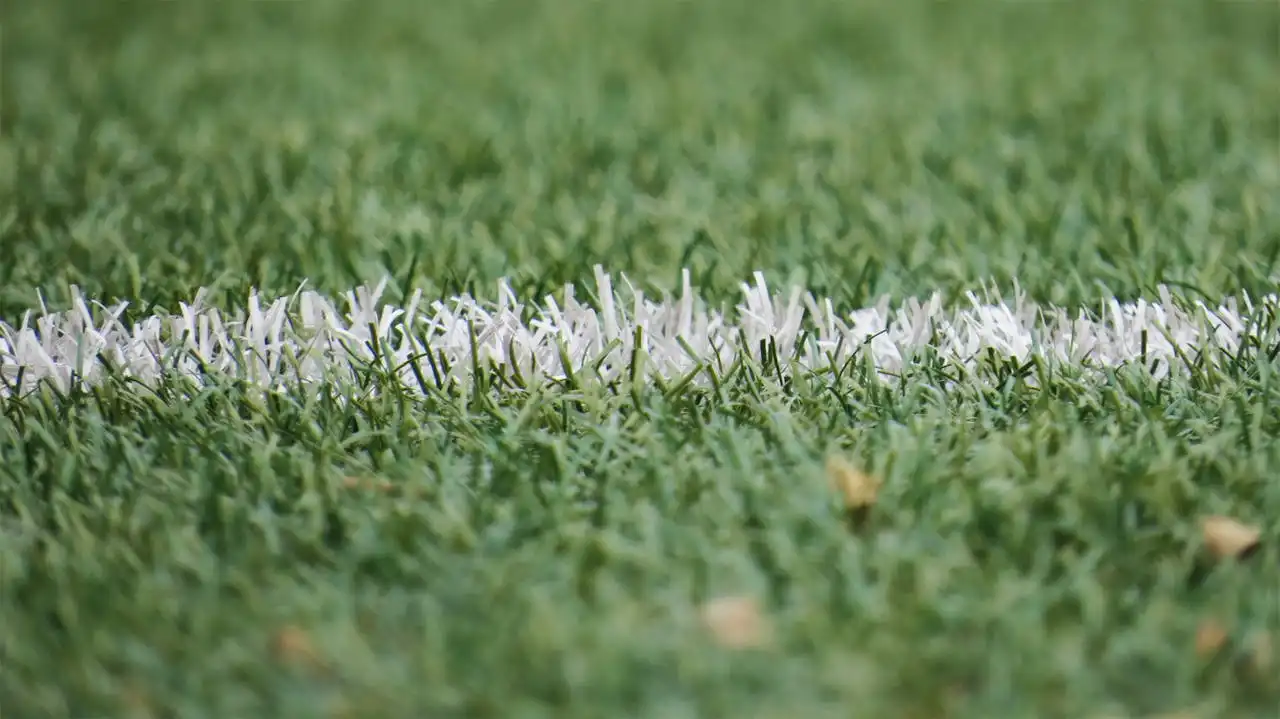More Than Just a Ball Retrieval: The Ball Boy's Crucial Role in the Pace and Flow of the Game
Muhe - Monday, 14 July 2025 | 05:00 PM (WIB)


The Silent Conductors of Tempo
Imagine a football match where a team is relentlessly pressing, desperate for an equalizer. They've just won a throw-in deep in enemy territory. If the ball boy is on their game, the ball is back in the player's hands almost before the previous one has even settled. Boom! Quick restart, momentum maintained, pressure piled on. This seemingly minor interaction is, in fact, a crucial accelerant. It prevents the defending team from regrouping, from catching their breath, from setting their defensive line. It keeps the attacking rhythm flowing, maintaining that palpable sense of urgency that can ultimately crack open a defense. Conversely, consider a team that's clinging to a slender lead in the dying minutes. They're looking to slow things down, kill time, frustrate the opposition. While ball boys are strictly neutral and trained for efficiency, the *impact* of their swiftness (or a rare, unintentional moment of less-than-optimal speed) directly influences who holds the psychological advantage. A ball that returns just a fraction of a second slower for the opposition can grant a defending team that precious extra moment to reset, to communicate, to solidify their ranks. It's a subtle dance, but one that players and coaches are acutely aware of. They are, in essence, the silent conductors of the game's tempo, their efficiency a crucial, often unacknowledged, variable in the strategic chess match unfolding on the pitch.Beyond the Ball: A Job with Many Hats
But the ball isn't the only thing these youngsters are tasked with. Depending on the sport, their duties can expand quite a bit. In tennis, for instance, they're not just fetching rogue serves and volleys; they're providing towels to wipe away sweat, passing drinks during changeovers, and ensuring the players have everything they need to stay focused. In basketball, they're swiping the court of any moisture to prevent slips, or quickly retrieving balls that ricochet into the stands. They are, effectively, mini-logistics managers, anticipating needs and executing solutions with lightning speed and precision, all while staying out of the way and maintaining a respectful distance. This isn't just a casual volunteer gig, either. Many professional clubs and tournaments put their ball boys and girls through rigorous training. They're drilled on spatial awareness, anticipation, the art of the perfect, almost invisible, pass-back, and even the etiquette of the game. They learn how to read the play, how to predict where the ball will go next, and how to get there before anyone even has to ask. It's about being proactive, not reactive. It requires a high level of concentration, discipline, and a genuine passion for the sport.The Pressure Cooker: Nerves of Steel
And let's not forget the immense pressure they operate under. Picture this: thousands, even tens of thousands, of eyes fixated on the action, and suddenly, a ball lands near you. A wrong move, a clumsy grab, a ball that doesn't arrive on cue... and suddenly, you're not just a kid in a bib, you're part of a viral clip, sometimes for all the wrong reasons. Remember those major league cringe moments where a ball boy accidentally gets in the way or, even worse, delays a crucial play? It takes serious nerves of steel to perform flawlessly under that kind of spotlight, especially for youngsters who are often barely teenagers. But then there are the moments of sheer brilliance: the perfectly timed pass-back that allows for a quick throw-in leading to a goal, the lightning-fast retrieval that keeps a tennis rally alive, or simply the seamless, almost invisible efficiency that allows the game to flow without a hitch. In those moments, they become unsung heroes, contributing directly to the excitement and competitive integrity of the sport without ever touching the ball in play. So, the next time you're engrossed in a sporting event, take a moment to appreciate those young, dedicated individuals patrolling the sidelines. They're more than just ball retrievers; they are crucial cogs in the sporting machine, silent conductors of the game's rhythm, and vital contributors to the pace and flow that make the spectacle so captivating. Their work ensures that the players can focus on playing, the coaches can focus on strategizing, and the fans can focus on the beautiful game, uninterrupted. And in the grand tapestry of professional sports, that's a pretty big deal.
Liverpool vs Arsenal Prediction: Week 3 of the 2025/2026 Premier League
14 days ago

Rayo Vallecano vs. Barcelona Prediction: Week 3 of La Liga 2025/2026
14 days ago

Messi's Last Dance? The GOAT Hints at a Potential World Cup Farewell in 2026
15 days ago

Real Madrid vs Mallorca Prediction: Los Blancos Aim for Third Consecutive Win
15 days ago

West London Derby: Chelsea vs. Fulham Prediction, Week 3 Premier League Match
16 days ago

Manchester United vs Burnley Prediction: Tough Test at Old Trafford
16 days ago

The Roar of History: Why Almaty Ortalık Stadium Isn't Just a Venue, It's Kazakhstan's Heartbeat
16 days ago

Wayne Rooney’s Stark Warning: Can Manchester United Still Attract Elite Managers?
16 days ago

The End of the Road: Ole Gunnar Solskjaer's Turkish Adventure Concludes Abruptly at Besiktas
16 days ago

Argentina vs. Venezuela: Lionel Messi's Final Moments in Home?
16 days ago
